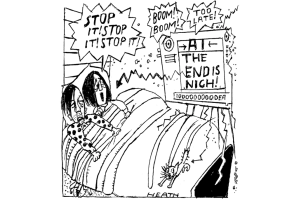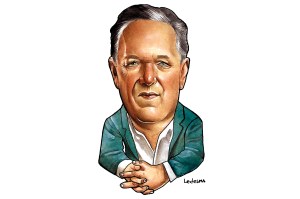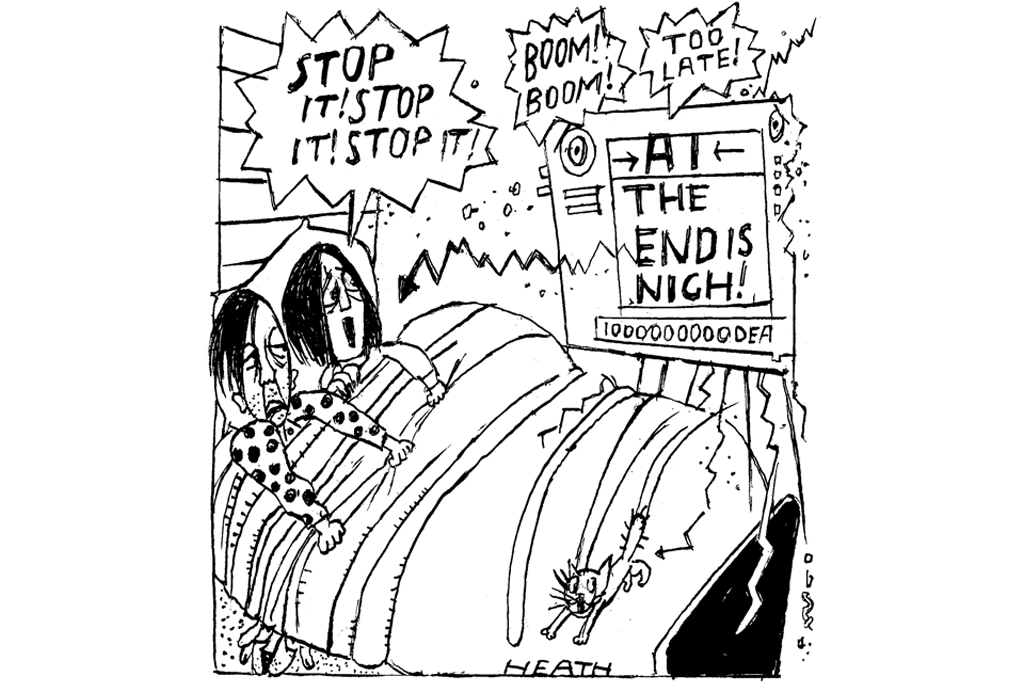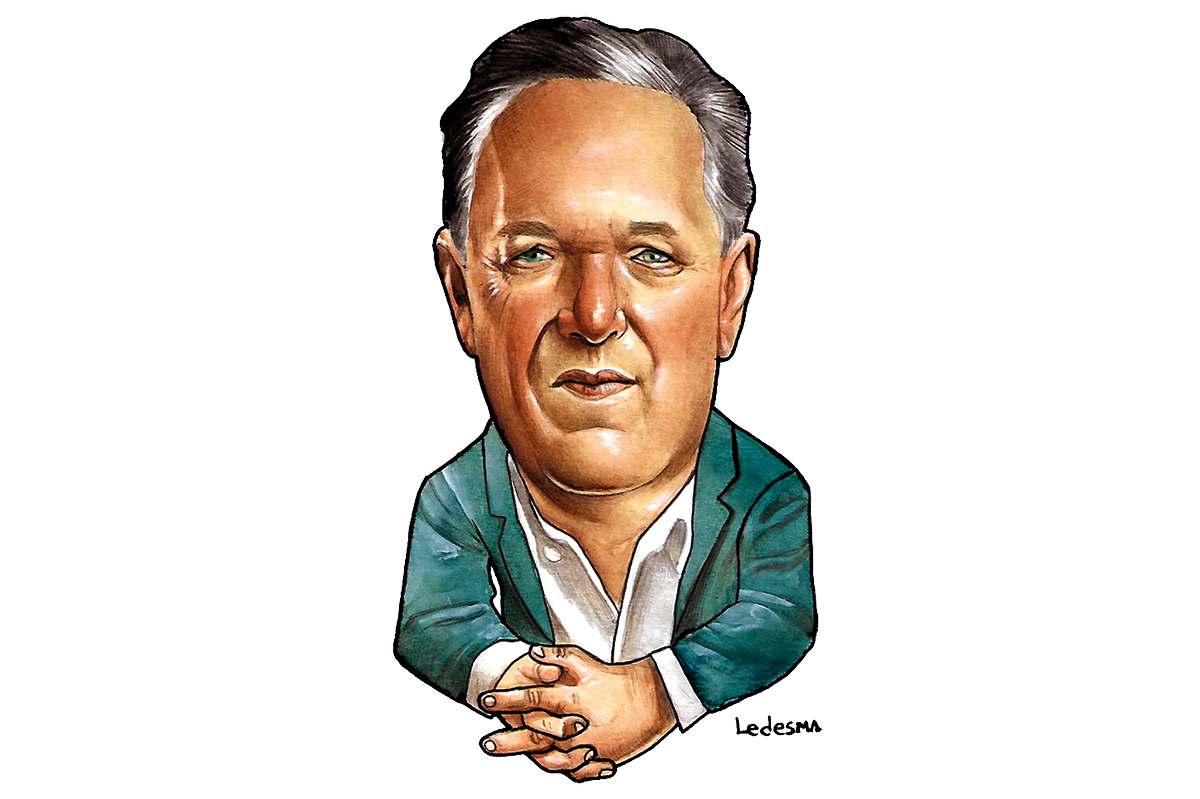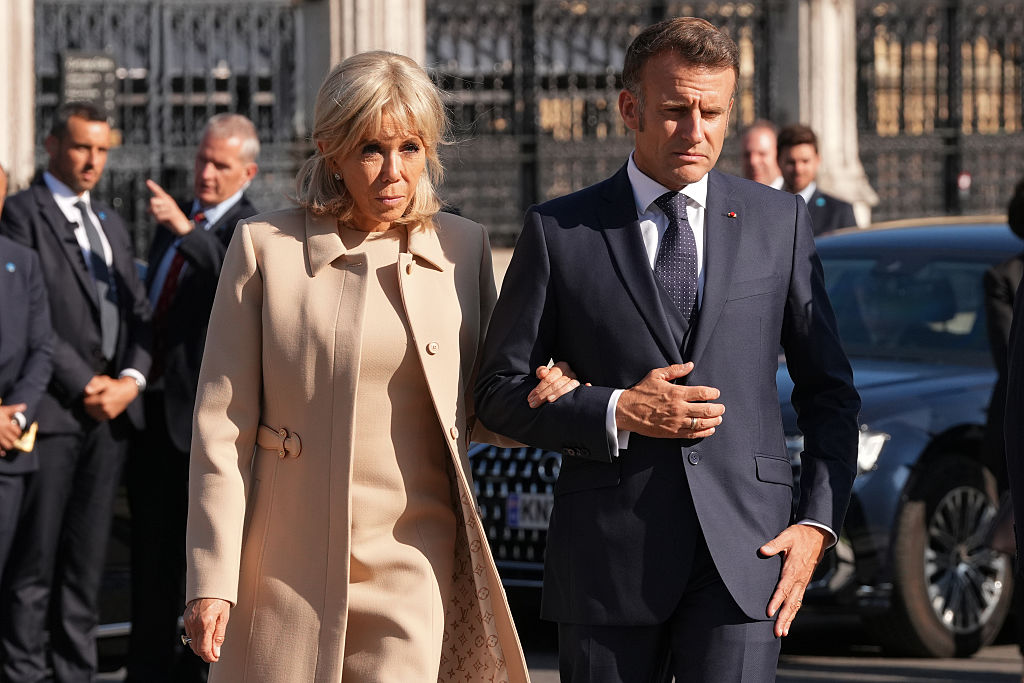When Robert Mueller’s investigation is over and everything is said and done, will the history books cast White House Counsel Donald McGahn as the John Dean of the 21st century? Reading Maggie Haberman and Michael Schmidt’s latest scoop in the New York Times this weekend, you’d be forgiven for thinking so.
According to their report, McGahn has spoken with Mueller’s team of prosecutors on three separate occasions over the last nine months. The testimony has clocked in at 30 hours, a boatload of information from an inside man who has access to President Trump and the goings-on at the White House. Concerned with being fed to Mueller’s sharks by Trump, McGahn is choosing to tell the special counsel’s office what he knows in order to save himself from legal jeopardy.
The parallels with John Dean’s experience in the Nixon White House are not perfectly aligned, but they’re pretty darn similar. As Nixon’s chief counsel, Dean had a front-row seat to the Nixon administration’s extensive campaign to silence the Watergate burglars, pressure judges into delaying cases until after the 1972 presidential election, and the detailed conversations in the Oval Office about offers of clemency to those caught in the legal net. Dean, in fact, was not only a witness, but a participant in the cover-up; he was so involved that H.R. Haldeman, Nixon’s Chief of Staff (who would later be sentenced to 18 months in prison for conspiracy and obstruction of justice) marvelled at the young lawyer’s ability to keep control of the damage.
The episode, of course, didn’t end well for Nixon, Haldeman, or the country at large. As soon as Dean thought he was being set up as the sacrificial lamb, he decided to reach out to prosecutors investigating the Watergate burglary. His testimony to the Senate Watergate Committee would be the beginning of the end of Nixon’s presidency.
Don McGahn is no John Dean. From what we know from public reporting, McGahn is not nearly as involved in the Russia investigation as Dean was in the Watergate affair. An earlier Times report did expose McGahn as trying to persuade Attorney General Jeff Sessions not to recuse himself from the Russia inquiry (at Trump’s direction), but the White House Counsel apparently backed off as soon as Sessions refused the request. But just because McGahn is not totally in the muck doesn’t mean he doesn’t have a story to tell. Indeed, by virtue of his position, it’s clear McGahn has just the kind of access to the president Mueller is looking for. He makes a good witness.
Hours after the Times story broke, CNN asked John Dean for his reaction to McGahn worrying about being the fall-guy. Dean laughed, before explaining why he sympathised with McGahn’s position. He did, after all, go through a similar experience four decades earlier. ‘That’s one I understand..that’s what prompted me [to cooperate with investigators],’ Dean said.
Whether Don McGahn’s testimony to Mueller will be as consequential to Trump as Dean’s was to Nixon is still a mystery. But this whole thing is starting to look like history repeating itself.











